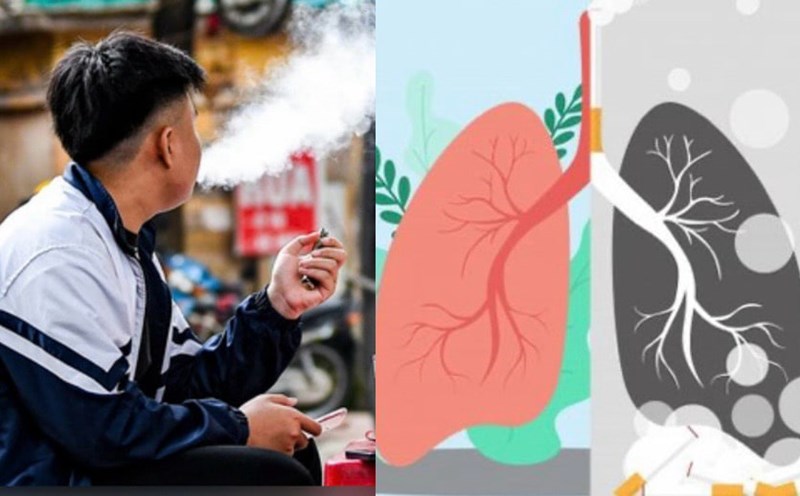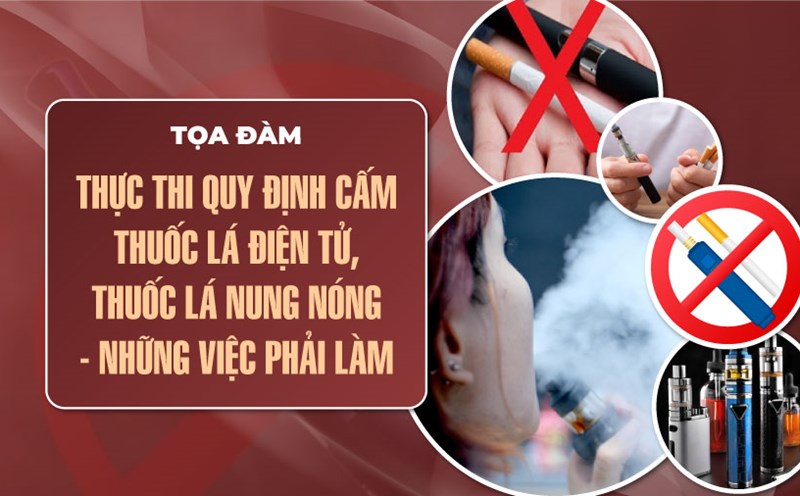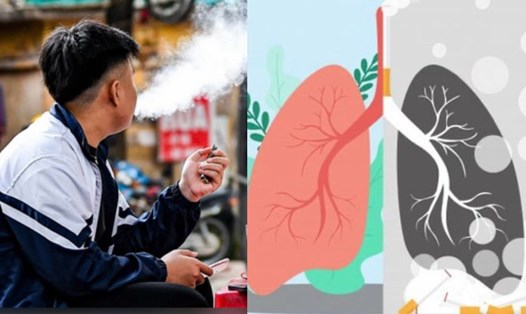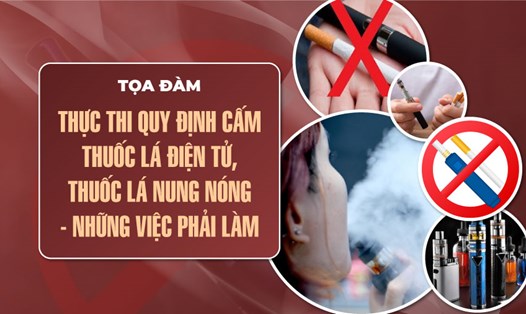At the 8th session of the 15th National Assembly, the National Assembly passed a Resolution that includes a ban on the production, trading, import, storage, transportation, and use of electronic cigarettes, heated tobacco products, gases, and addictive substances that are harmful to human health from 2025.
Ms. Doan Thu Huyen, Country Director in Vietnam, Campaign for Tobacco-Free Kids, USA said: “The rate of tobacco use among adolescents, especially students in big cities, is increasing. Therefore, the Resolution is important in terms of legal aspects and health benefits, protecting the younger generation from the dangers of tobacco”.
According to research by the World Health Organization (WHO), there are more than 16,000 flavors mixed into e-cigarette products. In addition, e-cigarettes contain a large amount of unknown chemicals, compounds related to drugs and sedatives.
“Flavor is one of the important components to attract young people. Along with the mixture of other compounds, it greatly affects the intellectual development, spirit and lifestyle of teenagers,” Ms. Thu Huyen informed.
Nowadays, e-cigarettes are easily available to students through digital platforms. On online sales sites, students can exchange in private groups and have tricks to fool their relatives by changing the product name.
With labels ranging from acne medication to tech toys, e-cigarettes have become a common product to trade. This trick also makes it difficult for parents to detect that students are using addictive products.
Sharing solutions to the above situation, Dr. Nguyen Tuan Lam, WHO representative in Vietnam, said: “It is necessary to conduct a review of all online sales points through search engines. It is possible to coordinate with online service providers, social networks and e-commerce sites to prevent buying and selling groups.”
In addition, Ms. Thu Huyen emphasized the proactive role of localities, learning from the experience of other countries such as Singapore in establishing a communication plan on the harmful effects of electronic cigarettes and the level of penalties for violations.
“In Singapore, communication campaigns have the coordinated role of parents’ associations, consumer protection associations and community social organizations. I see that the voice of the people when reflecting and informing about violations is a great motivation to effectively implement the campaign,” Ms. Thu Huyen added.











